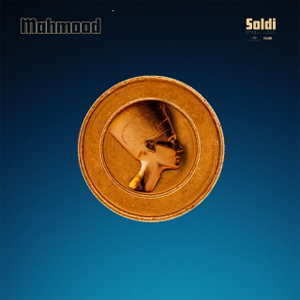
"Soldi" is a song recorded by Italian singer Mahmood. It was released on 6 February 2019, as the fifth single from his debut studio album, Gioventù bruciata (2019). Mahmood co-wrote the song with Dario "Dardust" Faini and Charlie Charles, who also produced it.

Modena City Ramblers is an Italian folk rock band founded in 1991. Their music is heavily influenced by Celtic themes, and can be compared to folk rock music. The band has sold over 500,000 albums. Known for their left-wing politics, their lyrics often speak out against the Mafia and fascism.

Litfiba was an Italian rock band formed in Florence in 1980. The band evolved from British-influenced new wave rock to a more personal rock sound influenced by Mediterranean vibes; their songs are mostly sung in Italian.

Mondi sommersi is the seventh studio album by the Italian rock band Litfiba. It is the fourth chapter of the "Tetralogy of elements". It is dedicated to water. The album has sold 700,000 copies in Italy.
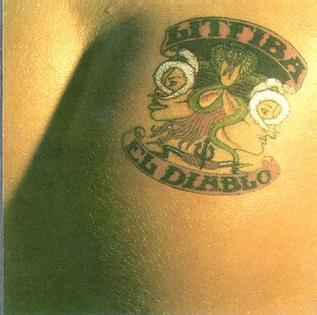
El Diablo is the fourth studio album by the Italian rock band Litfiba. It introduces a more rock sounding in the band's music, which used to be much more new wave influenced until there. It is the first chapter of the "Tetralogy of elements" and it is dedicated to fire.
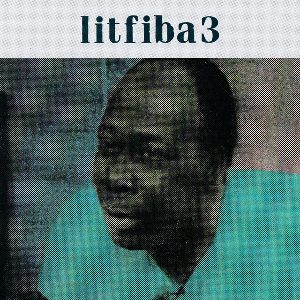
Litfiba 3 is the third studio album by the Italian rock band Litfiba. It ends the "Trilogy of power" started with the first album Desaparecido. It is the last album on which new wave influences can be heard.

17 RE is the second full-length studio album by the Italian rock band Litfiba and the second part of the "Trilogy of power", as begun with the debut, Desaparecido.
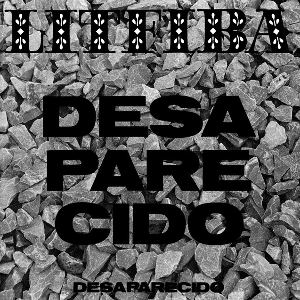
Desaparecido is the first full-length studio album by the Italian rock band Litfiba, though the band had previously released five EPs or singles and a soundtrack album, Eneide di Krypton. The music is very British new wave-influenced, though the lyrics are in Italian.

Pietro "Piero" Pelù is an Italian singer-songwriter. One of the most popular artists of the Italian rock scene, he is known for being the lead singer and co-founder of the band Litfiba, as well as for his solo activity. He is also known for his social and political commitment.

Ivano Alberto Fossati is an Italian pop singer from Genoa. He was a member of the progressive rock group Delirium and has worked with Fabrizio De André, Riccardo Tesi, Anna Oxa, Mia Martini, Ornella Vanoni, Shirley Bassey, Francesco De Gregori, Menudo and Mina.
CCCP Fedeli alla Linea, officially written CCCP - Fedeli alla Linea, is an Italian band formed in 1982 in Berlin by vocalist Giovanni Lindo Ferretti and guitarist Massimo Zamboni. The band's style is self-defined by the members themselves as "Musica Melodica Emiliana—Punk Filosovietico". CCCP's works influenced dozen of artists such as Marlene Kuntz, Massimo Volume, and Offlaga Disco Pax.

Paolo Baltaro, is an Italian musician, singer, songwriter, producer, and founder of Banksville Records.
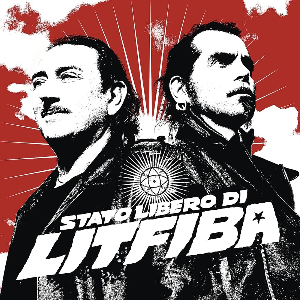
Stato libero di Litfiba is a 2010 double live album by the Italian rock band Litfiba. The album marks the return of lead singer Piero Pelù to the band, which he had left in 1999.
The album was recorded in two dates, on 16 and 17 April, in Florence, during the 2010 reunion tour. It also contains two previously unreleased tracks: "Sole nero" and "Barcollo", both released as singles. Stato libero di Litfiba was welcomed with great favour by the audience and has been certified platinum in Italy.

Gianluigi Cavallo, also known as Cabo is an Italian singer, guitarist, composer, system integrator and programmer. He played in the band Litfiba from 1999 to 2006.
Maurizio Trifone is an Italian linguist and lexicographer.
Timoria were an Italian rock group, active between 1985 and 2003.
Matteo Curallo is an Italian musician and composer.
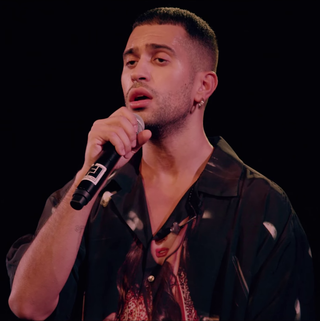
Alessandro Mahmoud, known professionally as Mahmood, is an Italian singer-songwriter. He rose to prominence after competing on the sixth season of the Italian version of The X Factor. He has won the Sanremo Music Festival twice, in 2019 with the song "Soldi" and in 2022 alongside Blanco with the song "Brividi". His Sanremo victories allowed him to represent Italy at the Eurovision Song Contest in those respective years, finishing in second place in 2019 and in sixth place in 2022 as the host entrant.
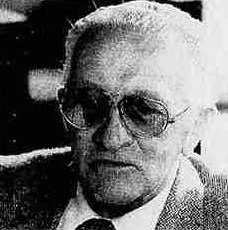
Massimo Mila was an Italian musicologist, music critic, intellectual and anti-fascist.















